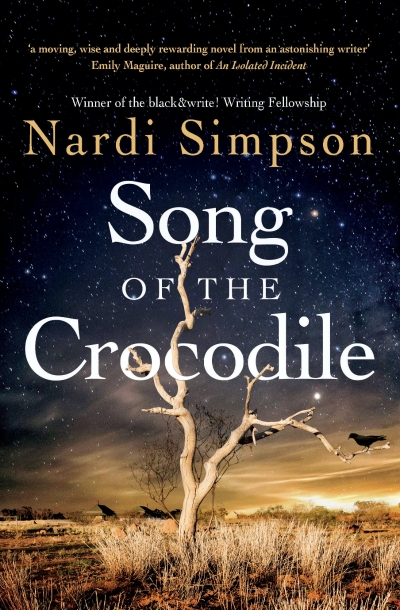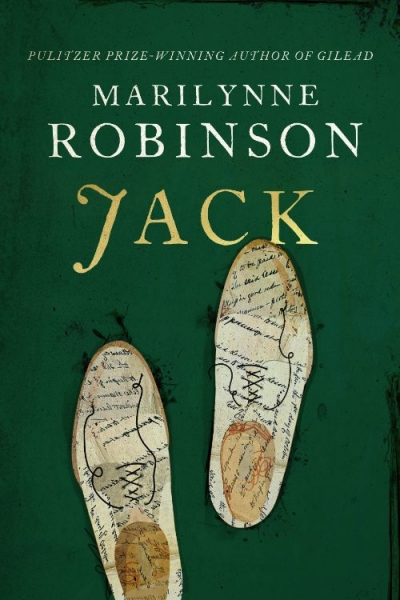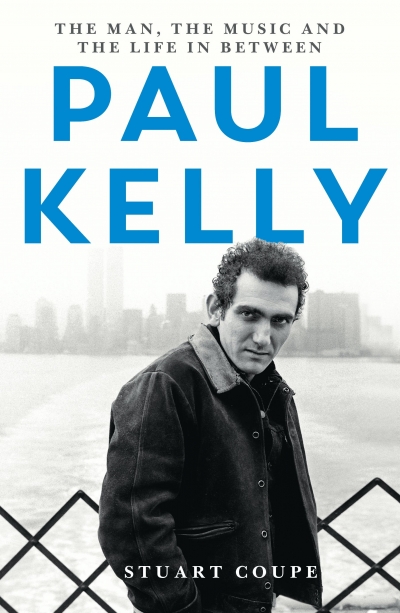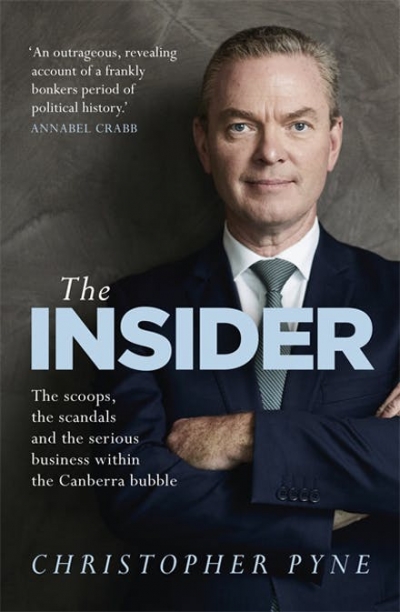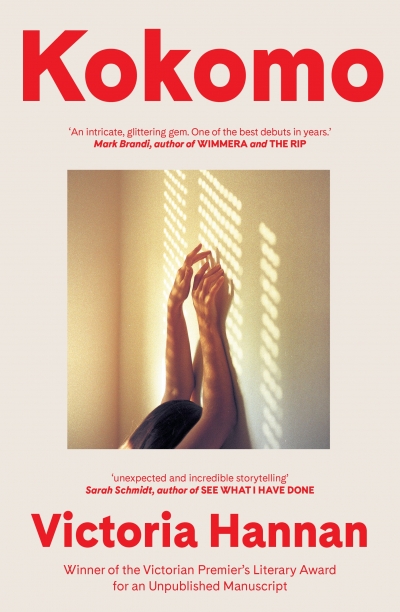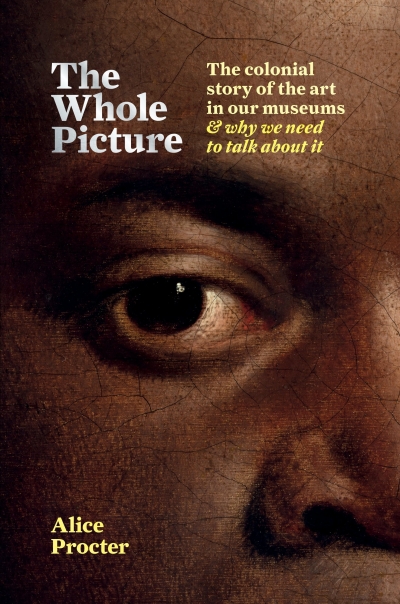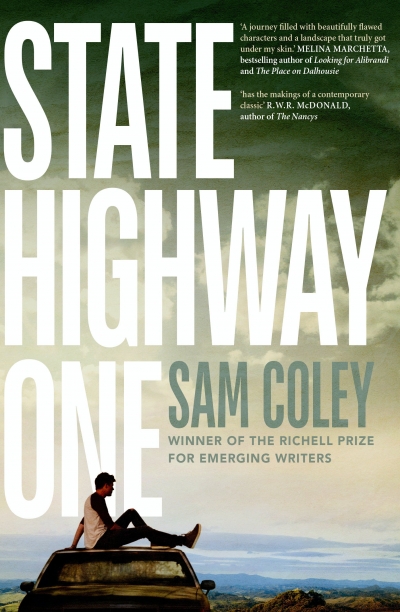Hachette
Paul Kelly: The man, the music and the life in-between by Stuart Coupe
by Kerryn Goldsworthy •
The Insider: The scoops, the scandals and the serious business within the Canberra bubble by Christopher Pyne
by James Walter •
The Whole Picture: The colonial story of the art in our museums and why we need to talk about it by Alice Procter
by Meg Foster •
Four auspicious début collections by Mandy Beaumont, Dominic Carew, Wayne Marshall, and Sean O'Beirne
by Susan Midalia •
The American writer Jack Matthews had no time for what he called ‘a discontent’ with the brevity of the short story. ‘Ask a coral snake,’ he declared, ‘which is as deadly as it is small.’ The claim for ‘deadliness’ certainly applies to four recent début collections; in the tight spaces of the short story, each one presents confronting ideas about contemporary Australia.
... (read more)
